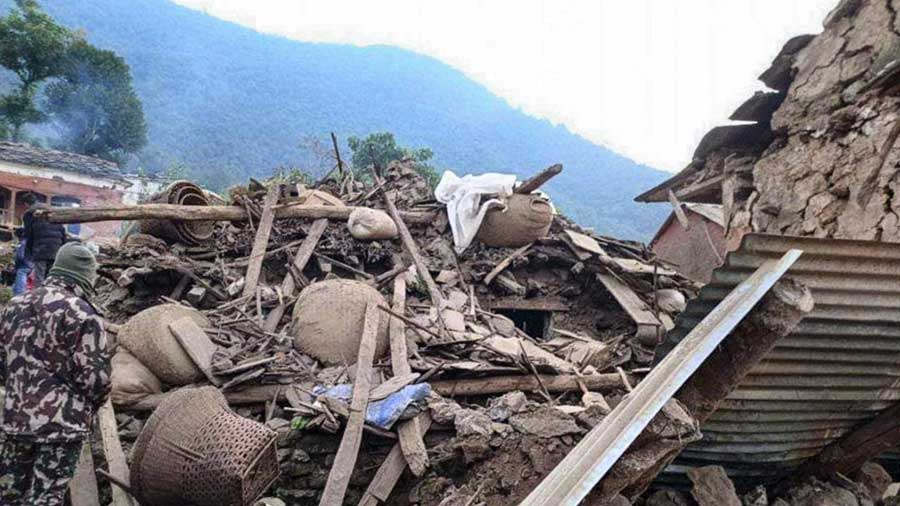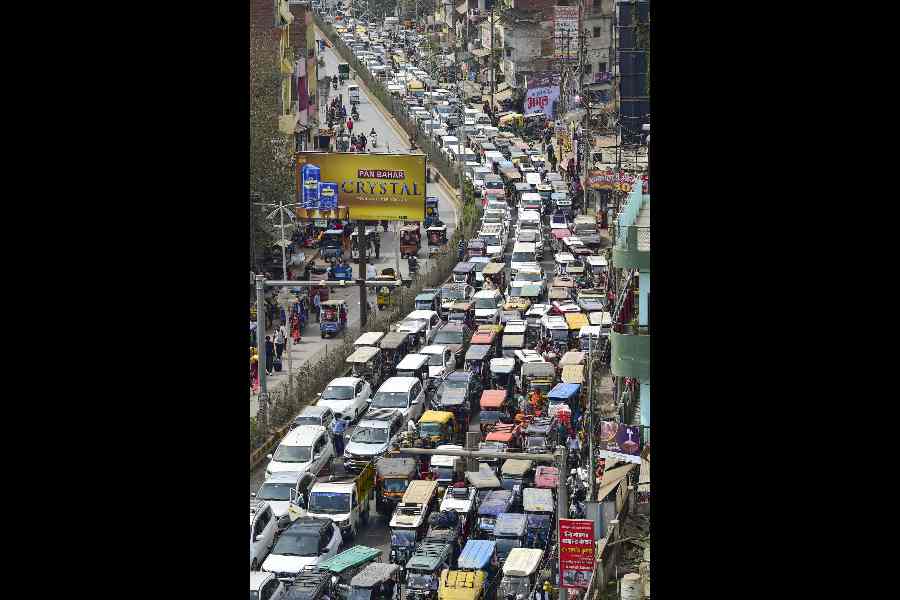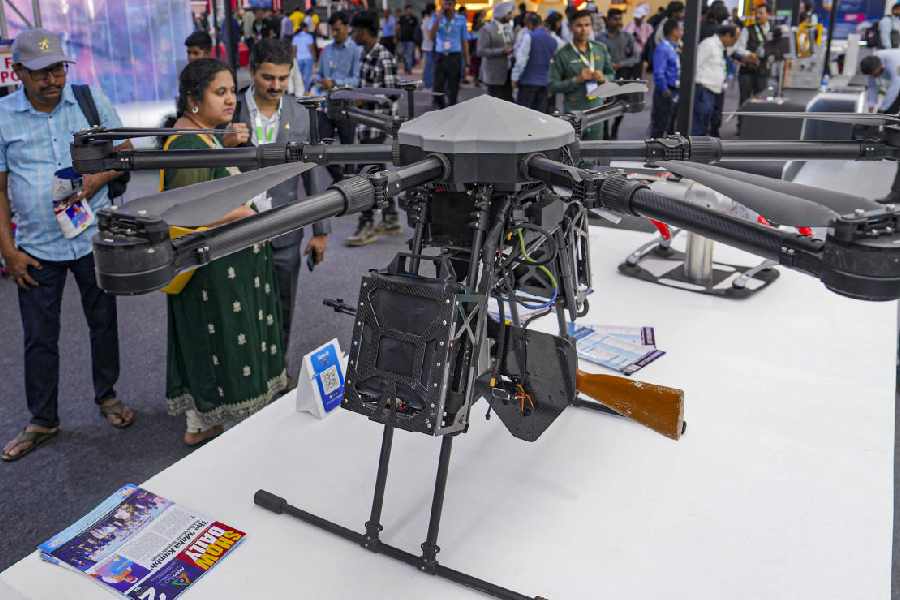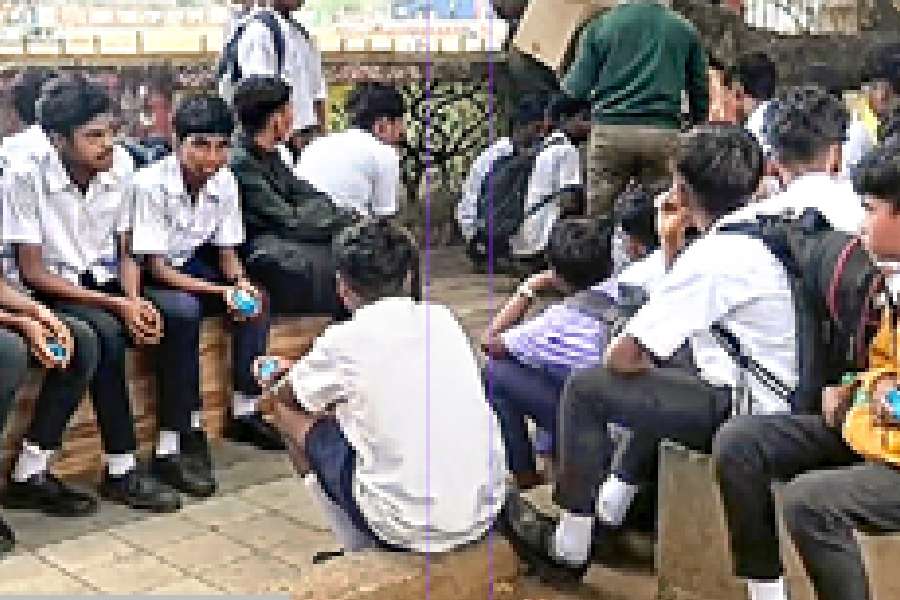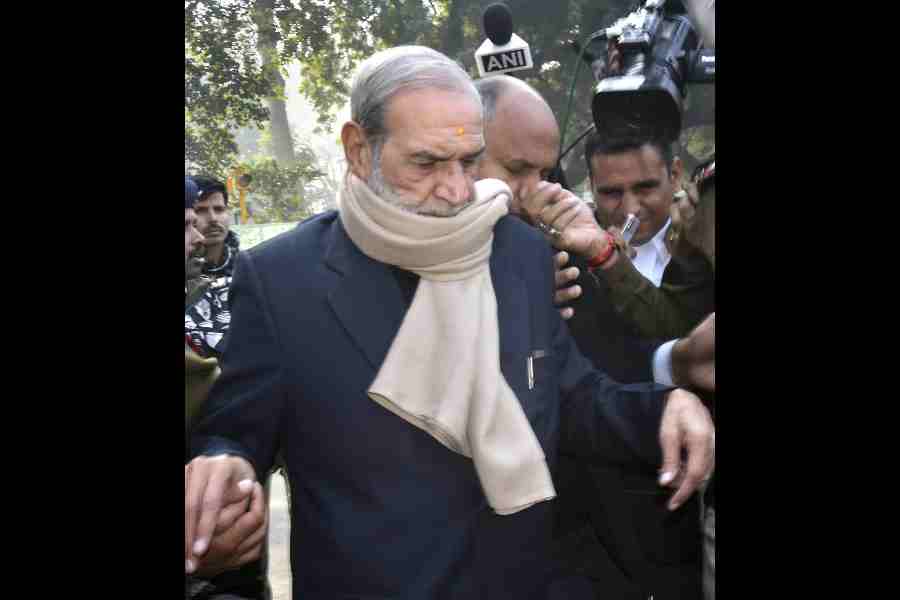Rescuers pulled more survivors from the rubble on Sunday six days after one of the worst earthquakes to hit Turkey and Syria, as Turkish authorities sought to maintain order across the disaster zone and began legal action over some building collapses.
The toll in both countries from Monday’s earthquake and major aftershocks rose above 33,000 and looked set to keep growing.
Displaced residents in the Turkish city of Kahramanmaras, near the epicentre, said they had set up tents as close as they could to their damaged or destroyed homes in an effort to prevent them from being looted.
Facing questions over his response to the earthquake as he prepares for a national election that is expected to be the toughest of his two decades in power, President Tayyip Erdogan promised to start rebuilding within weeks.
In Syria the disaster hit hardest in the rebel-held northwest, leaving homeless yet again many people who had already been displaced several times by a decade-old civil war. The region has received little aid compared to government-held areas.
“We have so far failed the people in north-west Syria,” United Nations aid chief Martin Griffiths tweeted from the Turkey-Syria border, where only a single border crossing is open for UN aid supplies.
“They rightly feel abandoned,” Griffiths said, adding that he was focused on addressing that swiftly.
More than six days after the first quake struck, emergency workers still found a handful of people clinging to life in the wreckage of homes.
In the city of Antakya in southern Turkey, a team of Chinese rescuers and Turkish firefighters saved 54-year-old Syrian Malik Milandi after he survived 156 hours in the rubble.
At a funeral near Reyhanli, veiled women wailed and beat their chests as bodies were unloaded from lorries .
One resident of Kahramanmaras said he had not yet buried his relatives because there were not enough funeral shrouds left to wrap them in. On a road into the town, a big truck was stacked to the brim with wooden coffins.
Along the main road into Antakya, where the few buildings left standing had large cracks or caved-in facades, traffic occasionally halted as rescue teams called for silence to detect signs of remaining life under the ruins.
Some affected by the quake and opposition politicians have accused the government of slow and inadequate relief efforts early on, and critics have questioned why the army, which played a key role after a 1999 earthquake, was not brought in sooner.
Erdogan has acknowledged problems, such as the challenge of delivering aid despite damaged transport links, but said the situation had been brought under control.
He has also warned that looters will be severely punished.
Gizem, a rescue worker from the southeastern province of Sanliurfa, said she had seen looters in the city of Antakya. “We cannot intervene much, as most of the looters carry knives.”
Two German rescue organisations suspended work in Turkey on Saturday, citing reports of clashes between groups of people and highlighting concerns for security in the quake-hit areas.
Syria aid ‘held up’
In Syria, the hostilities that have fractured the country during 12 years of civil war are now hindering relief work.
Earthquake aid from government-held regions into territory controlled by hardline opposition groups has been held up by approval issues with Islamist group Hayat Tahrir al-Sham which controls much of the region, a UN spokesperson said.
An HTS source in Idlib told Reuters the group would not allow any shipments from government-held areas and that aid would be coming in from Turkey to the north.

